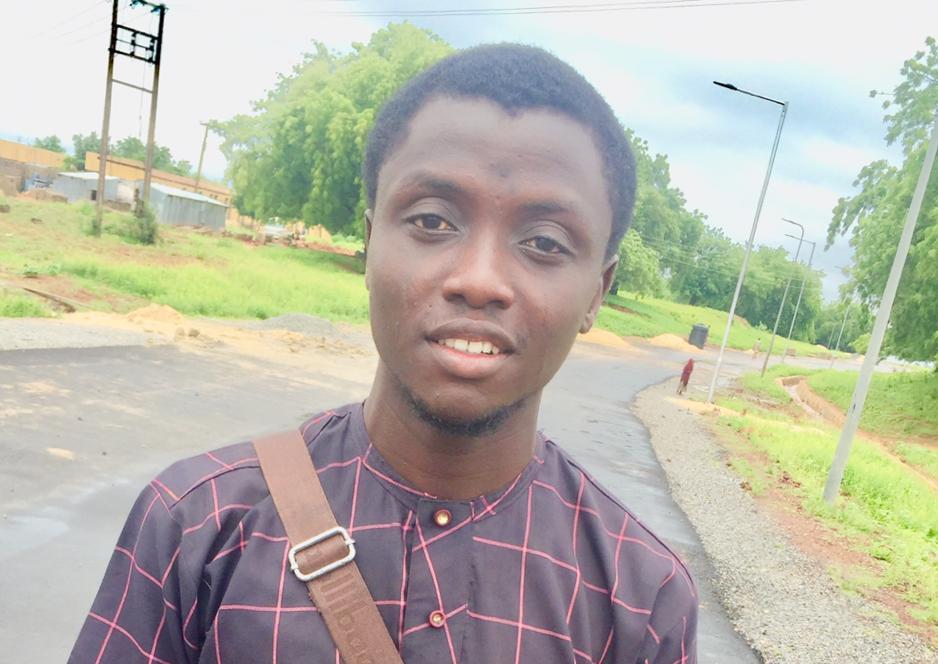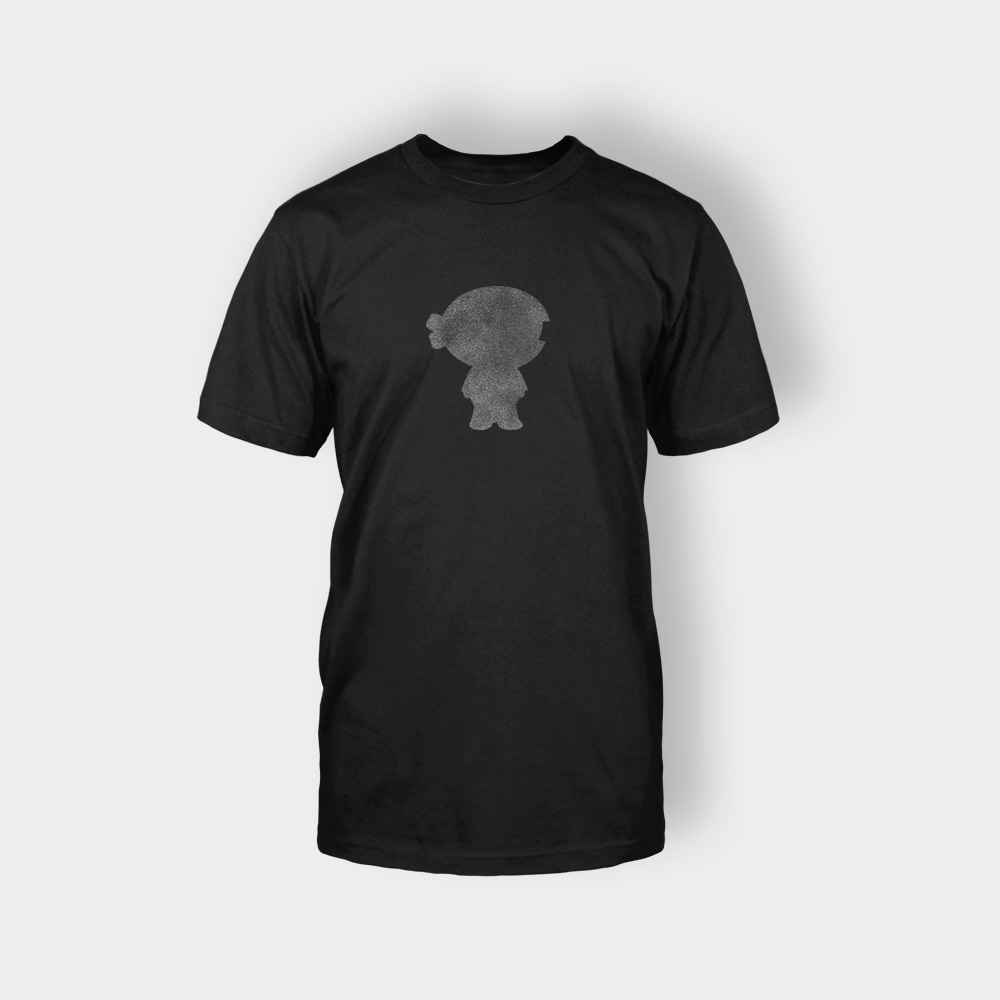When I smelt the aura of being a third-year undergraduate after the vicissitudes of academic assignments, my hope of being a ‘2021′ graduate was suddenly dashed by the outbreak of the pandemic.
Sadly my dream was disrupted on March 20, 2020, when the Federal Ministry of Education ordered the immediate closure of all educational institutions across the country, as a precautionary measure to prevent the spread of the raging coronavirus (COVID-19) and I departed school to my hometown.
However, even after I left, I wasn’t concerned because I had assumed it would be similar to the H1N1 and Ebola virus outbreaks, during which government authorities made pronouncements about the virus’s threat but little changed, save for the learning of a new technique for sneezing into our elbows rather than our hands.
It wasn’t until late July that I started to worry about the severity of the raging outbreak. On American news channels, reports of the virus rapidly spreading in Northern Italy began to circulate. Then came August, which, to put it mildly, drastically altered the way things were. The second week of August saw a flurry of activities and I started getting used to indoor activities. Being an avid reader, I engaged myself in reading novels and other resourceful materials.
However, most mid-days were spent eating a huge meal and sleeping like a drunk by then. But later, I realized that the house that birthed me had no silver spoon, so I straddled on a swampy path that could make me money so that I could raise finances before returning to school.
I received a message from my father’s friend on the evening of September 16th, 2020, notifying me that he had supported me in finding a casual job at a private company in Asadam, Ilorin, Kwara State. I was pleased when I got the good news, and I went to work the next day.
The first day I started working for the company, I couldn’t believe that a casual worker could get paid peanuts after only a few hours of work. When the company’s boss told us that after working for hours, we’d be earning N15,000 in two weeks, I was stunned. They paid us N1,400 per day and N130 per hour for overtime when we broke it down.
As an undergraduate, I have never had the opportunity to work. Instead, I was always burying my face in reading various literature. I was escorted into the company’s plant, along with other freshly employed workers. There was red soil in the first yard, and it seemed to be sucked up by the wall of a structure. I observed people working as if they had been sold into age-long slavery, which reminded me of a time when Nigerians were colonized by runny-egg sunshine and fleeting breezes. On one side, I noticed a tall, frightening Lebanese man whose roughness had been tempered by nature. I couldn’t comprehend witnessing another living being suffocated because he scared the casual workers.
The days I worked as a ‘slave-casual-worker’ at Lebanese Uniform Company were hot. We were obliged to work more than our agreed-upon hours on several days, and we worked very well with moist eyes. Workers died minutes after being exposed to harsh chemicals in the factory, and several were hospitalized for months. We were frequently abused by the Lebanese, who beat any workers who refuse to work. I observed the pulsing sensation of certainty that our reality was universally bad. They used to lock us for 10 hours, working nonstop. People are staying quiet about sexually abused black women who work with them because they don’t want to lose their “slavery job.”
When over 100 casual workers shouted out and agitated that Lebanese were maltreating them in 2019, one of their casual workers who had luckily spent three years told how they were forcibly fired. After visiting the company, Saharareporters conducted interviews and reported the story. Later, though, all of the then-casual workers were fired. People are still being utilized as slaves today, but they refuse to speak out because they don’t want to lose their ‘slavery job,’ as the previous laborers did.
Undoubtedly, the teachings that COVID-19 taught me when I left school for the harsh terrain of the ‘Lebanese company’ had been inscribed like a tribal mark in my heart. It happened in the same way that I might experience obstacles after I finish my undergraduate study. COVID-19 taught me how to prepare for life after high school and opened my eyes to other people’s struggles.


